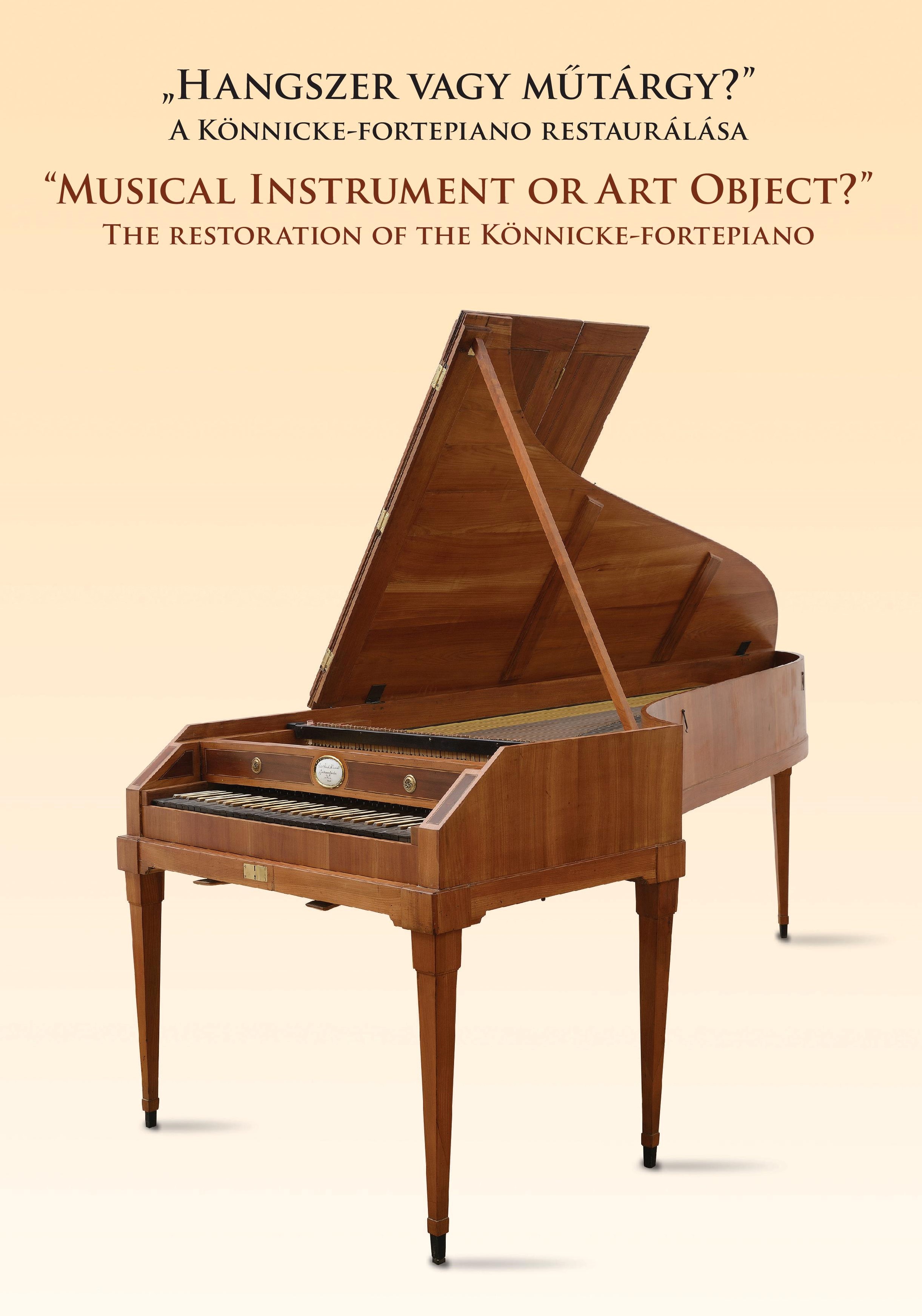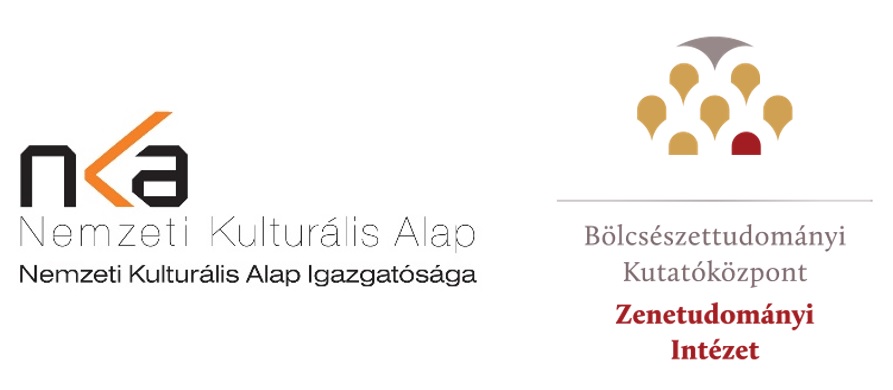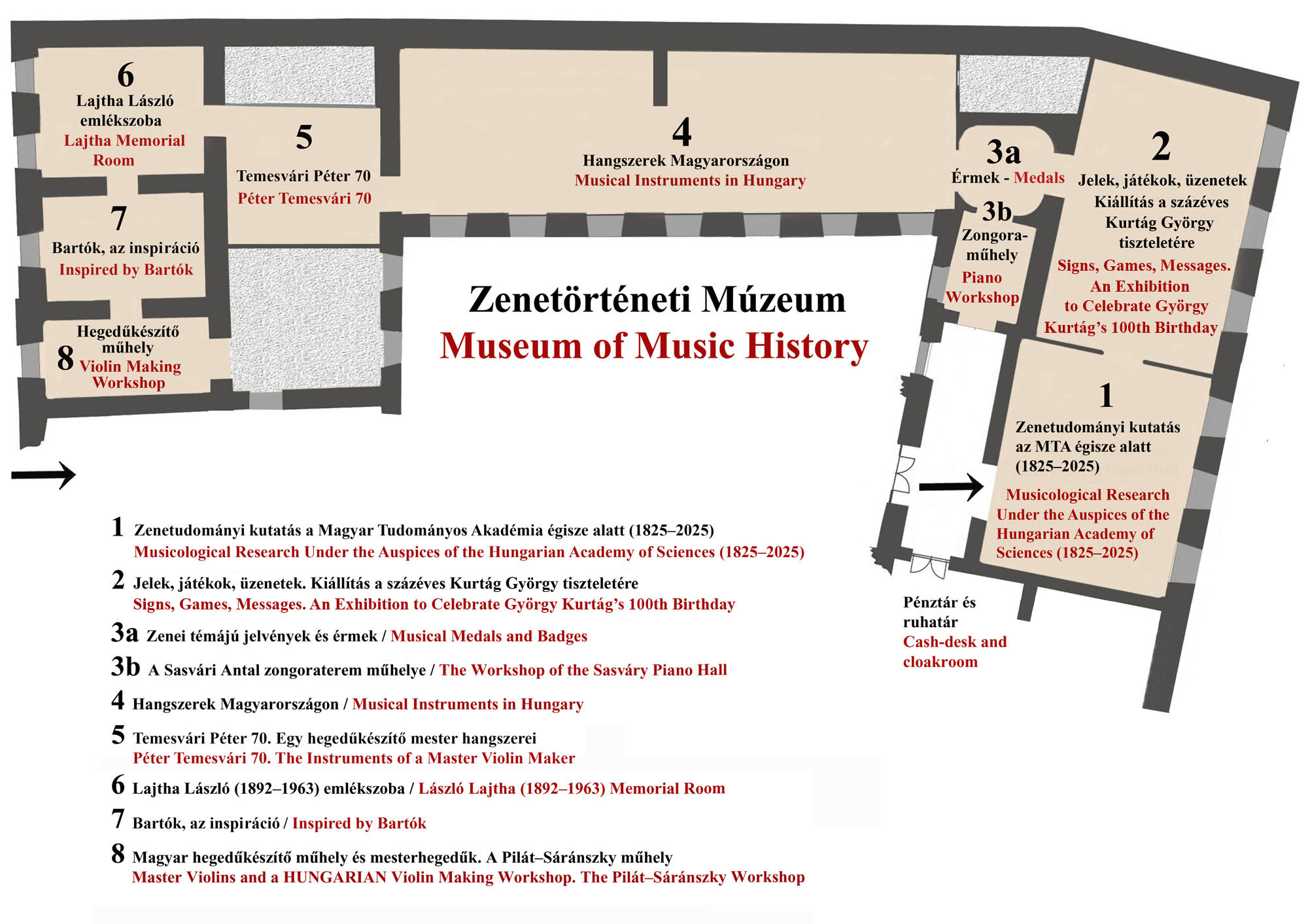Closed Exhibitions in the Museum of Music History
“Musical Instrument or Art Object?” - The restoration of the Könnicke-fortepiano

Exhibition in the 7th room of the Museum of Music History
Curator: Péter GERŐ
TEMPORARY EXHIBITION
The exhibition is open: From 28 November 2019 to 29 November 2020 EXTENDED to 31 October 2021
In 2015 the fortepiano built in 1796 by Johann Jacob Könnicke (c.1756 –1811) was received from the Janus Pannonius Museum in Pécs, to which it had come in 1959 from the possession of painter Jenő Gábor (1893–1968).
With the help and support of the NKA, restoration of the fortepiano, which is of significant value even in international terms, was completed in the restoration workshop of the Museum of Music History. The unplayable instrument was in a severely deteriorated condition, its owners hadn’t cared much about its renovation. However, from the point of view of the history of musical instruments these circumstances, where over the centuries no serious modifications had been made, may be regarded as fortunate. Interventions primarily involved the maintenance of the strings, and did not touch other important parts. So the instrument stood with the overwhelming proportion of its original elements, thus the opportunity was presented to entirely restore it to its original condition, including the mechanics and other components necessary for its operation.
During the restoration numerous interesting trade problems were encountered. One of the most attention demanding was the dismantling of the just 3 mm thick soundboard, it was broken into several pieces, the bonded joints had come apart, and due to the pressure of the strings the soundboard had become wavy. All these and further special restoration processes are shown with the aid of our photographic documentation.
.
Curator: Péter GERŐ
Co-curator: Anna BARANYI
Restorer: Péter GERŐ
Photographs: TIHANYI–BAKOS Fotó Stúdió
Enslish translation: Malcolm SHARPS
Sponsors: NKA, Research Centre for the Humanities

Pictures of the exhibition:
Pictures of the opening ceremony:
Pictures of the conference:



